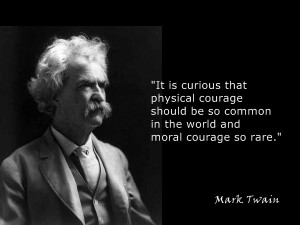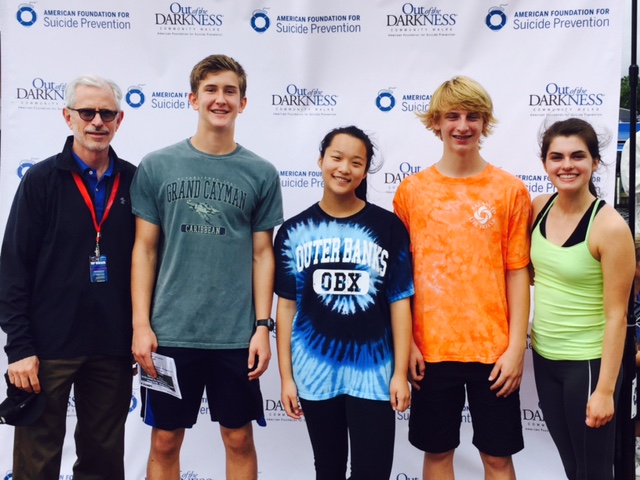
There will be situations that come up in our life that require courage and we may not be in a good frame of mind to make that decision. What would happen if someone said something to us that was rude or mean? For many, our first reaction is to retaliate – to say something back. We might try to out-do their meanness or it may be sarcastic. Our choice may lead to consequences that we did not expect or desire.
 In order to make the best choice in our response we need to first find our calm self. Everyone has a different way of calming down. Some are able to take a few deep breaths, others need to step away to collect themselves, and others may want to talk to someone (like a trusted adult). If we can calm down though, then our trained mind will allow us to find and use our courage to make the somewhat difficult decision not to fight back. We will find a way of answering the person in an assertive manner that demonstrates our purposefulness to be peaceful.
In order to make the best choice in our response we need to first find our calm self. Everyone has a different way of calming down. Some are able to take a few deep breaths, others need to step away to collect themselves, and others may want to talk to someone (like a trusted adult). If we can calm down though, then our trained mind will allow us to find and use our courage to make the somewhat difficult decision not to fight back. We will find a way of answering the person in an assertive manner that demonstrates our purposefulness to be peaceful.
Is this hard? YES! It takes a great deal of courage to not retaliate. To be the bigger person we can use all of our tools for dealing with stressful situations and that will help us be courageous in the face of challenges.

